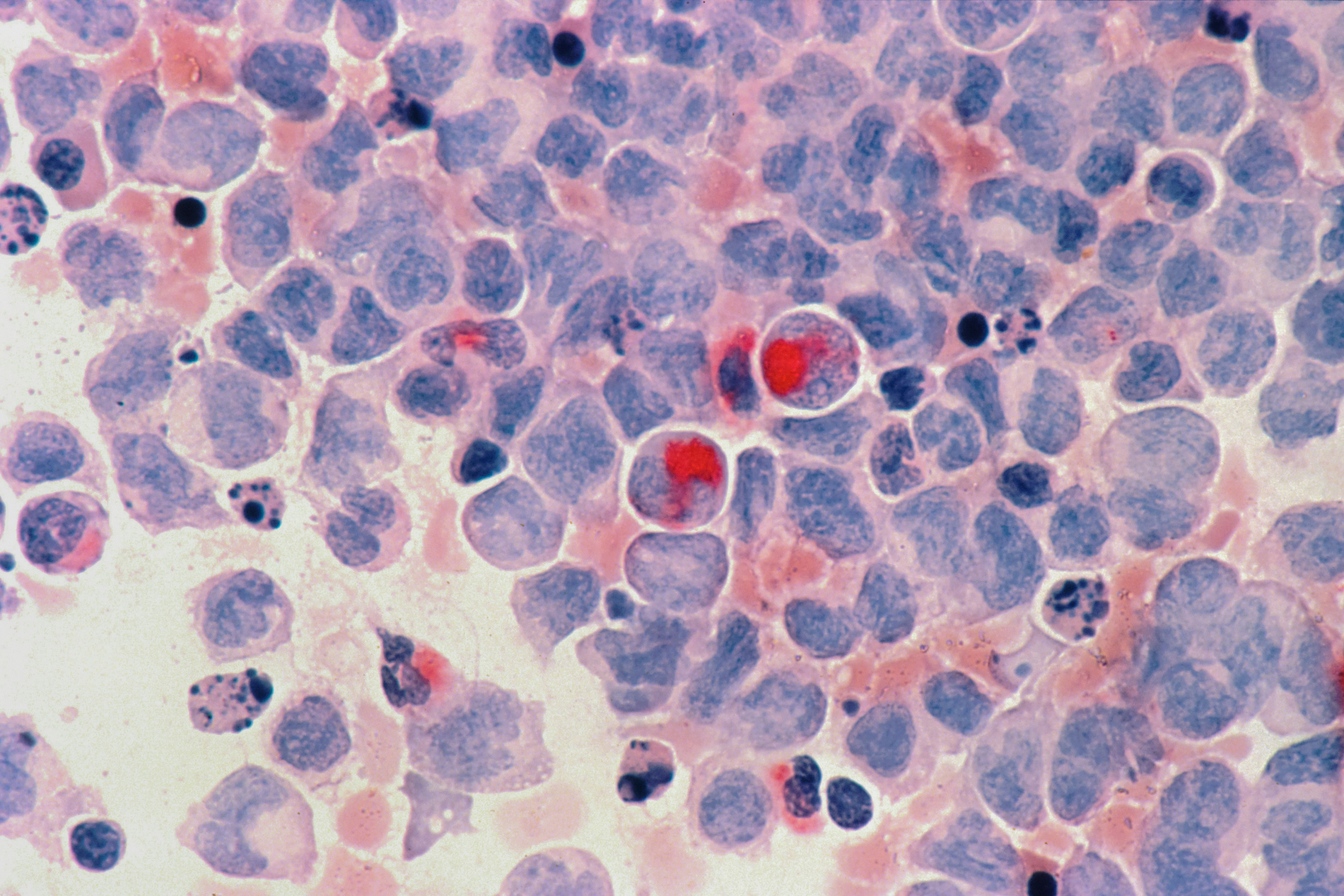Global Cancer Crises
Cancer remains the second leading cause of death worldwide (WHO). Virtually every cancer is treatable if detected early, however, most are only diagnosed late, when treatment options are limited. Some of the traditional methods for detecting cancers are invasive, expensive and involve large equipment that are generally non-scalable, reducing their utility.
According to the BMA, with ~24 million cancer-related diagnostic tests in the NHS annually, there are only 10 CT and 8.6 MRI scanners per 1 million people.
Cost reduction
10-fold
Time reduction
12-fold
AI-Based Liquid Biopsy
Cancer cells release messages in the form of exosomes and biomolecules that can affect other cells, like platelets, before and after tumour formation. Approximately 2.5-fold more microvesicles are released into the extracellular space by cancer cells relative to normal cells. Tracking some of these messages is the primary objective of recent efforts to detect cancer early, as scalable methods for early cancer detection that are noninvasive and only profile biomolecules in bio fluids have emerged. Although some of these methods have shown clinical relevance in detecting late stage cancers, when tumour mutation burdens are relatively higher and easily detectable in the blood, additional research efforts are required to identify molecular events that denote early stages of cancer before liquid biopsy approaches become widely adopted.
The DiNanoQ Platform
To address some of the weaknesses of other approaches, we are developing an AI-based diagnostic system that profiles platelets RNA for rare molecular events indicative of the carcinogenic process and provides information about the diseased tissue and stage. Our statistical models rely on features engineered from properties of specific circular RNAs and distinguishing RNA editing events found in platelets preparations from cancer patients. We have identified rare post-transcriptional events, the frequencies of which deviate from distributions observed in normal individuals. Some of these deviations are only detectable using our high performing pattern recognition algorithms. We have developed models that accurately separate cancer samples from healthy controls and for detecting various cancers, with prediction accuracy out-performing other efforts in this space. In addition to detecting the likelihood of cancer, our models report on the primary tissue of origin, potential cancer stage and similarity to other cancer samples via our diagnostic dashboard provided to clinicians.






